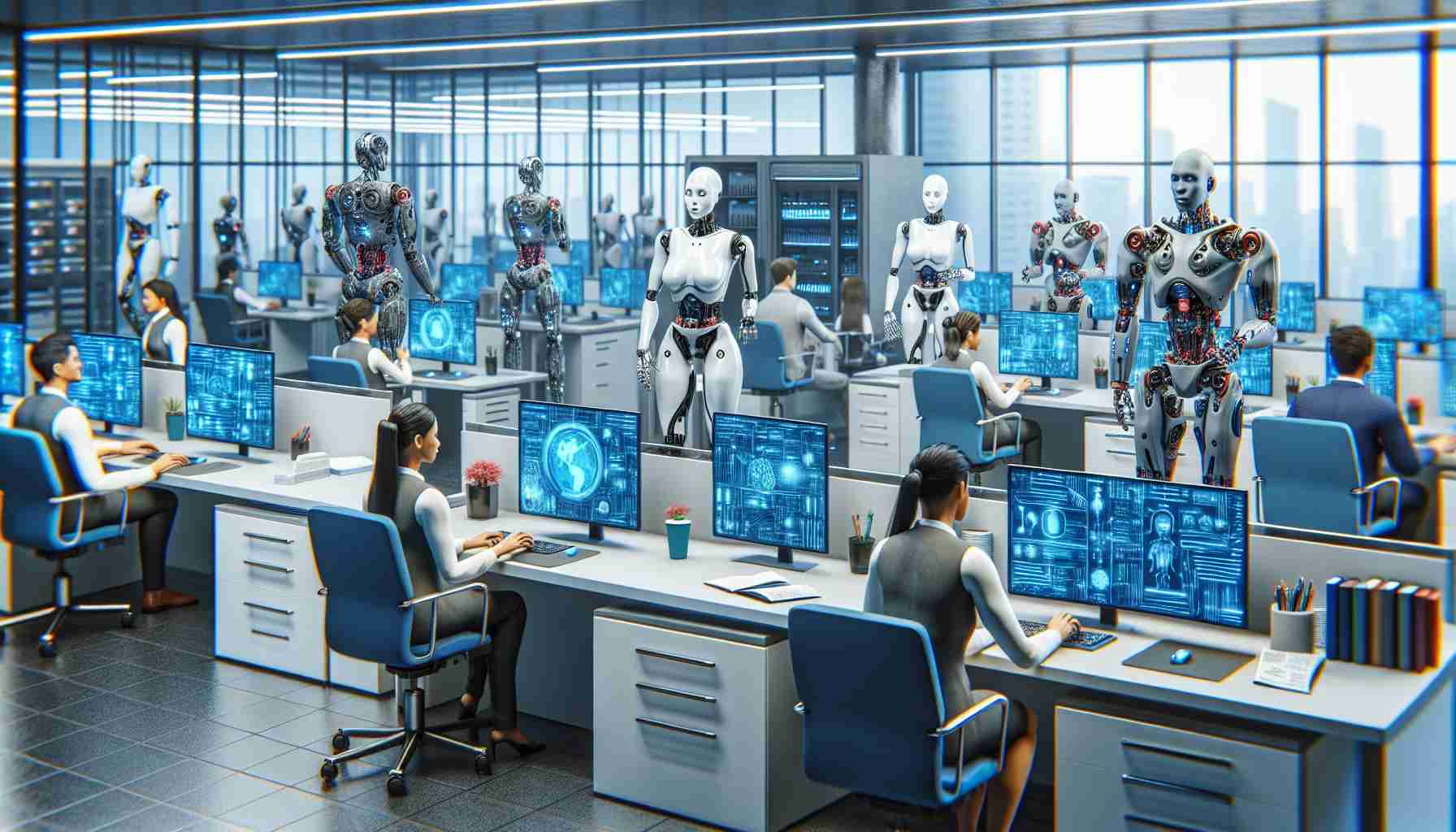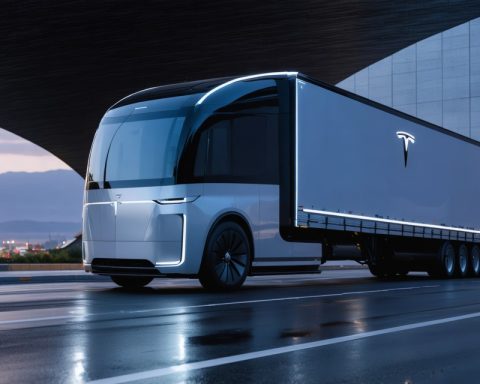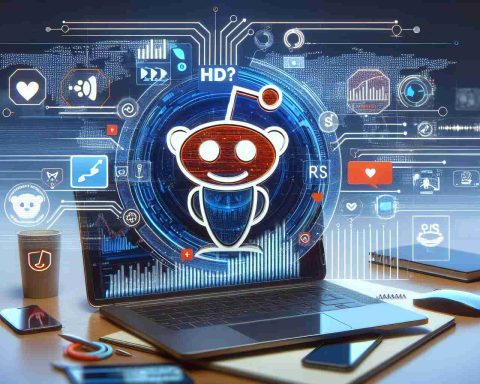The rise of artificial intelligence (AI) has sparked a heated debate about the potential displacement of human jobs. While it’s true that AI is revolutionizing various industries, the reality is much more nuanced than a simple yes or no answer.
AI has already made significant advancements in automating repetitive and mundane tasks. According to a report by McKinsey Global Institute, up to 14% of the global workforce may need to change occupations by 2030 due to AI automation. Historically, technology has always transformed labor markets, yet it also creates new jobs and industries.
AI excels in performing tasks that involve data processing and repetitive actions. For example, in the manufacturing sector, robots are increasingly used for assembling cars, a job once dominated by humans. However, this shift requires human oversight and creates opportunities for new roles in programming and system maintenance.
Moreover, in fields like healthcare, AI is being used to assist doctors rather than replace them. AI systems can analyze medical data quickly and propose potential diagnoses, but humans are indispensable for clinical judgment and patient care. This collaborative approach is echoed in many industries.
The future of work involves both challenges and opportunities related to AI. While some jobs will undeniably be transformed or even eliminated, others will emerge, demanding skills that are complementary to AI’s capabilities. Continuous learning and adaptation will be crucial for the workforce in this evolving landscape.
Ultimately, AI’s impact on jobs is not about replacement but transformation, underlining the importance of preparing and transitioning the workforce into roles that value human creativity and empathy.
Will AI Lead to Job Obsolescence or Innovation?
The integration of artificial intelligence into the workforce raises the question: Will AI ultimately replace humans in the job market? This evolving landscape presents intriguing facts and potential controversies that impact individuals, communities, and countries alike.
One pressing question is how AI will influence jobs across different sectors. While AI has the capability to automate mundane tasks, it also opens doors to innovation and new job creation. For instance, AI’s ability to streamline processes can free up human resources for more strategic and thoughtful work, fostering creativity and innovation in fields such as design, research, and entrepreneurship.
Interestingly, AI’s impact varies globally. Developing countries might see a more significant shift as they integrate AI into burgeoning industries, potentially leapfrogging traditional stages of industrialization. In contrast, developed nations could experience a “skills gap” where workers must advance their knowledge to keep pace with AI developments.
Is it all positive? Not entirely. There’s a controversy over job polarization, where mid-level jobs may disappear, leading to a workforce divided between high-skill, well-paying jobs and low-skill, lower-paying employment. This could exacerbate income inequality, necessitating policy interventions to ensure equitable transitions.
In education, the need for a curriculum that prepares the next generation for AI interaction becomes apparent. Schools might focus more on teaching skills like analytical thinking, emotional intelligence, and interdisciplinary collaboration.
For more information on AI and its effects, visit: McKinsey and World Economic Forum.
Ultimately, while the journey with AI presents challenges, embracing its potential can drive forward-thinking innovation. The key lies in preparing workers for this impending shift, balancing technology with humanity.









